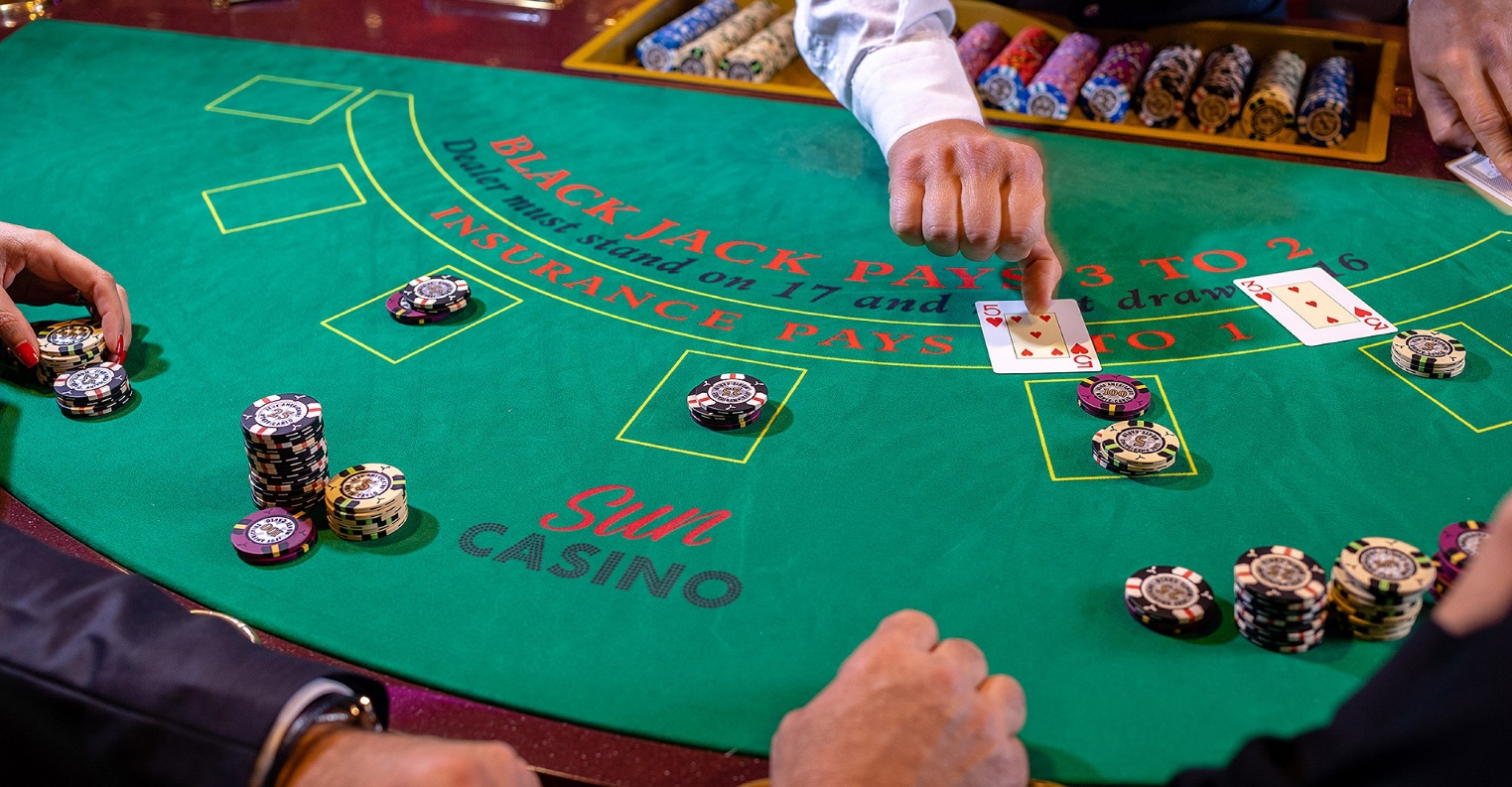Casino games have long been linked with the excitement of chance and the anticipation of luck. Many players walk into a casino with the belief that their success is contingent solely on chance occurrences. However, a more profound investigation reveals that these games encompass much more than just the aspect of luck. Understanding the framework, approaches, and human psychology behind casino games can greatly enhance the experience and improve one’s chances of victory.
On the other side of the enticing sounds of rotating slots and rolling dice, casino games involve a diverse array of skill, methodology, and choices. Whether you are participating in blackjack, poker, or even baccarat, knowing the methods can significantly influence the outcome of the game. Moreover, the psychology of the participants and understanding the probabilities behind each game can shift the scales of success away from mere luck. By recognizing these layers, players can appreciate casino games as a mixture of fun and cognitive challenge, transforming their perspective from one of idleness to one of active engagement.
The Psychological Aspects of Gambling
Grasping the psychology of gambling reveals that player conduct is motivated by far more than mere luck. The excitement of taking risks, immediate reward, and a potential for achieving large sums can create a powerful emotional experience. Many players become captivated by the excitement, which can lead to a cycle of increased betting and gambling, often driven by a hopeful hopefulness that colors their views of success probabilities.
Another key element of the psychology of casino games is the illusion of control. Numerous players think that their choices, such as the choice of games or wagering strategies, can significantly influence the outcome. Such a belief can enhance their engagement and enjoyment, but it also adds to persistent gambling behavior, as players often underestimate the role of randomness within the games. The excitement derived from making choices gives players a feeling of involvement, which can be deceptive in terms of understanding the true odds involved.
Moreover, the environment of the casino holds a crucial role in shaping a gambler’s experience. Factors like illumination, sounds, and the presence of other players create a stimulating atmosphere that reinforces the thrill of the game. This carefully designed environment can lead individuals to lose track of time and money spent, as they become enveloped in a sensory experience that heightens their emotional investment. Recognizing these psychological dynamics is essential for understanding why casino games attract players and continue to them coming back for more.
Expertise vs. Luck in Gambling Games
In the realm of gambling games, the discussion between expertise and chance is a prominent one. A lot of players think that luck is the primary factor, especially in activities like slots where results are determined by chance. However, there are games that clearly demonstrate the significance of expertise, such as poker and 21, where players can utilize strategies and choices that affect their overall results. Understanding the mechanics and nuances of each activity can greatly alter a player’s outcome and success.
The role of skill becomes clear when examining the different tactics available to players. In games like poker, for example, players must analyze their rivals, assess probabilities, and make educated decisions based on their hand and the shared cards. This depth of strategy showcases how proficient players can consistently surpass novices, proving that success is not solely based on chance but rather on the application of knowledge and experience. Similarly, in blackjack, players can use techniques like counting cards to gain an advantage over the house, further showing the importance of skill.
On the other hand, chance cannot be entirely overlooked in any casino game. While skill can improve a player’s chances of success, unpredictable results still play a crucial role. Even the best strategies can break down due to the arbitrary nature of card draws or spins. This interaction between skill and chance creates a dynamic gaming environment where players must adapt and respond to unpredictable events while also utilizing their skills. Ultimately, effective casino gaming is a mix of both factors, contributing to the complexity and thrill of the experience.
Tactics for Success
To succeed in gambling, players must understand the significance of creating a plan customized to the distinct title they are participating in. Each game has its own set of rules, odds, and details that call for a cautious method. For example, in games like poker, players can utilize techniques such as statistical tracking to make smarter decisions and enhance their potential of winning. Understanding the likelihoods and payouts associated with each game can enable players to make wiser choices and improve their overall enjoyment.
Money management is another vital strategy that cannot be ignored. Players should establish a spending plan for their play periods and commit to it. This promises that they do not go overboard and helps establish a sense of discipline over their gambling habits. Determining in advance how much to bet and when to walk away can avoid emotional decisions that frequently cause major setbacks. Smart bankroll management enables players to savor gaming without the concern of losing more than they can afford.
In conclusion, learning from experience and observing other players can provide beneficial insights. Many successful players dedicate time evaluating not only their self-play but also that of their peers. This scrutiny can uncover new methods and methods, ultimately promoting better judgments. Cách nhận khuyến mãi 79KING 79KING Engaging in self-reflection after gaming sessions helps players pinpoint what succeeded and what failed, permitting them to tweak their strategies over time. By uniting insight, focus, and observation, players can increase their odds of success in casino games.

